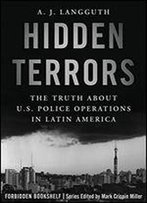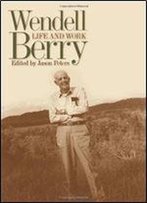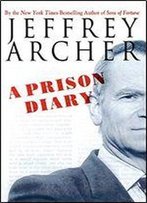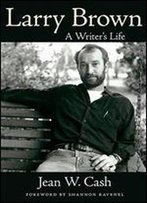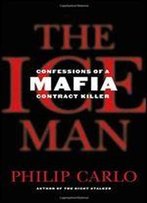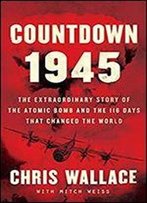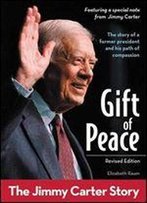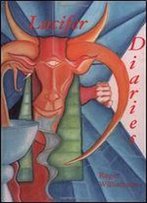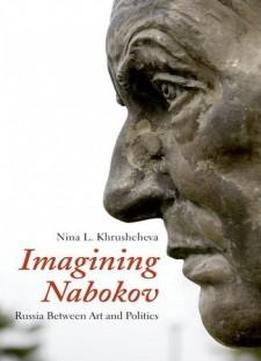
Imagining Nabokov: Russia Between Art And Politics
by Nina L. Khrushcheva /
2008 / English / PDF
961.7 KB Download
Vladimir Nabokov’s Western choice”his exile to the West after
the 1917 Bolshevik Revolutionallowed him to take a crucial
literary journey, leaving the closed nineteenth-century Russian
culture behind and arriving in the extreme openness of
twentieth-century America. In
Vladimir Nabokov’s Western choice”his exile to the West after
the 1917 Bolshevik Revolutionallowed him to take a crucial
literary journey, leaving the closed nineteenth-century Russian
culture behind and arriving in the extreme openness of
twentieth-century America. InImagining Nabokov: Russia
Between Art and Politics
Imagining Nabokov: Russia
Between Art and Politics, Nina L. Khrushcheva offers the
novel hypothesis that because of this journey, the works of
Russian-turned-American Vladimir Nabokov (18991977) are highly
relevant to the political transformation under way in Russia
today. Khrushcheva, a Russian living in America, finds in
Nabokov’s novels a useful guide for Russia’s integration into
the globalized world. Now one of Nabokov’s Western” characters
herself, she discusses the cultural and social realities of
contemporary Russia that he foresaw a half-century earlier.
, Nina L. Khrushcheva offers the
novel hypothesis that because of this journey, the works of
Russian-turned-American Vladimir Nabokov (18991977) are highly
relevant to the political transformation under way in Russia
today. Khrushcheva, a Russian living in America, finds in
Nabokov’s novels a useful guide for Russia’s integration into
the globalized world. Now one of Nabokov’s Western” characters
herself, she discusses the cultural and social realities of
contemporary Russia that he foresaw a half-century earlier.
In
InPale Fire;
Pale Fire;Ada, or Ardor; Pnin;
Ada, or Ardor; Pnin; and other
works, Nabokov reinterpreted the traditions of Russian fiction,
shifting emphasis from personal misery and communal life to the
notion of forging one’s own happy” destiny. In the
twenty-first century Russia faces a similar challenge,
Khrushcheva contends, and Nabokov’s work reveals how skills may
be acquired to cope with the advent of democracy, capitalism,
and open borders.
and other
works, Nabokov reinterpreted the traditions of Russian fiction,
shifting emphasis from personal misery and communal life to the
notion of forging one’s own happy” destiny. In the
twenty-first century Russia faces a similar challenge,
Khrushcheva contends, and Nabokov’s work reveals how skills may
be acquired to cope with the advent of democracy, capitalism,
and open borders.
